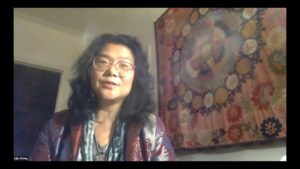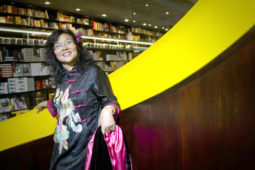
Author Zhang Lijia talks about the importance of learning English, for herself and for the country, as anti-Western attitudes in China make it today less important for students to dive into learning English and other languages, she tells at the weblog of the China Institute.
Zhang Lijia is a speaker at the China Speakers Bureau. Do you need her at your (online) meeting or conference? Do get in touch or fill in our speakers’ request form.
Are you looking for more political experts at the China Speakers Bureau? Do check out this list.







